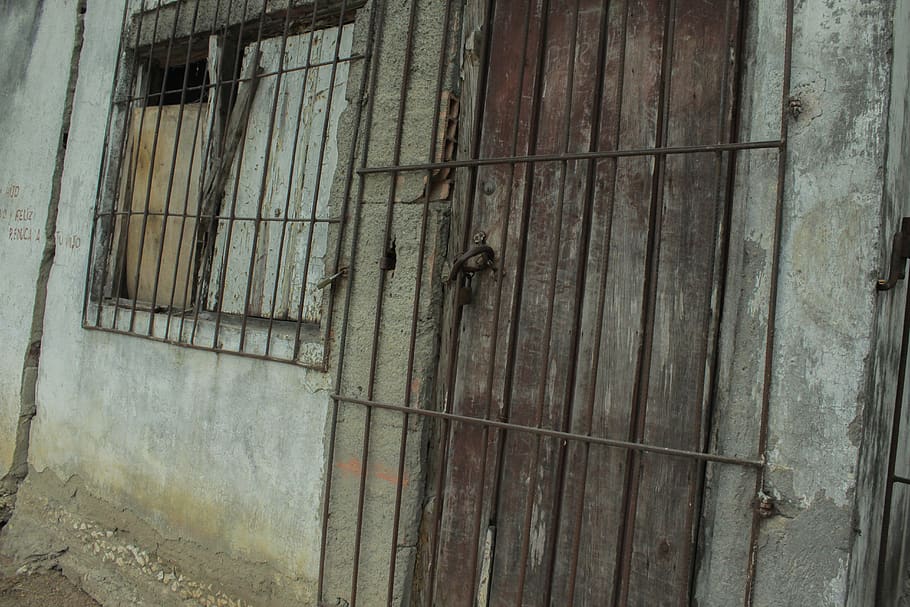Saying that the COVID-19 pandemic has shaken things up a little would be the understatement of the year. Most of the world has entered a lockdown of some kind. Some have even had more than one lockdown! This sudden shift in how we live and work has made people, businesses, and entire industries come up with new solutions to cope with the ongoing crisis. As we slowly emerge from the lockdown and start recruiting, many of us don’t know what to expect. Right now, we’re in the thick of things but recruitment doesn’t stop and new strategies are being developed every day.
Depending on the nature of the line of work, some sectors have done better to adapt than others and not all of them need a radically new approach to work or recruitment. For instance, any niche that can accommodate remote work did fairly well, given the situation and has more time to consider how to return to the office. Even before our current predicament, telecommuting has saved a total of $44 billion annually for businesses that allowed it. Hence, it was the best fit for the problem. Other professions, sadly, couldn’t really function remotely, and these took a major hit. This includes the tourism and food sector, as well as events and entertainment. Along this bumpy road, we’ve had ups and downs so let’s take a look at what post-lockdown recruitment looks like today.
Initial Slimming of the Recruitment Industry Followed by Recovery
Given how the particular situation has affected most workplaces, job hunting was not really an option for a lot of people. Those who could perform remotely had some opportunities, but this is only a fraction of the workforce. Some industries, in particular, were effectively paralyzed due to incompatibility with the safety measures put in place by governments. As such, recruiting has been operating at a much slower pace, with merely a few hands on deck. There are many factors, which explain the standstill most of us have experienced:
- Unhappy employees were afraid to rock the boat during such an uncertain time. Even when bosses made outrageous requests (like working more hours but receiving a paycut), many felt unable to refuse or look elsewhere for better conditions. Besides, with fewer offers on the market, their options remained limited.
- Companies feared (and some still do) that the confinement could go on indefinitely and that they wouldn’t be able to meet their objectives. When you aren’t sure you can keep your current employees, you don’t look for new ones.
- Jobseekers found themselves unable to go to interviews because of the tough restrictions on travel and they also faced the problem of an impossible on-boarding even if they were hired.
Like so many positions, recruiters found themselves on stand-by, just waiting for the activity to start up again. Some recruitment departments within companies were even trimmed or their skills were used elsewhere in order to handle the admin.
Thankfully , as the employment floodgates open once more, recruiters will finally be able to do what they do best: recruit! But all the sudden work entails a great deal of pressure as various jobs that were previously unavailable start popping up. There will be more than a few people looking for work again, with several industries (food, transportation, hotels, and more) bearing the brunt of the surge. This means that the recruitment and onboarding processes will be operating at less-than-optimal capacity while dealing with many more applicants and recruits than normal. Some countries, like Australia, put in place financial aid for their nationals but not for the foreign workers, which means they have a serious dearth of employees for certain companies, like restaurants and hotels.
As daunting as the challenge ahead may seem, the situation with recruiting will soon start looking up. This industry is fairly robust, given its vital importance to sectors and companies across the board. It will gradually improve manpower and resources to better facilitate its services. Over time, the industry is most likely to make great recovery.
Greater Appreciation for Digital Tools

Almost everyone, with the exception of essential workers (doctors and medical staff, law enforcement officers, professional movers, and more), has to stay cooped up at their homes until the pandemic blows over. Those who didn’t have to cease working mostly ended up telecommuting. And a lot of organizations that embraced remote work ended up gliding through the lockdown with better results than the ones that didn’t, even despite the many challenges they faced.
Remote working really did shine throughout the pandemic. Not only did it help many employees keep their businesses and the economy running, but it also brought to light new models of conducting business — models that use technology to its full potential (from Zoom and Teams to Skype and Trello). And it’s these new models that will help recruitment come out of the lockdown even stronger.
We can point to a few significant effects of remote technology on the recruiting sector:
Digital Meetings and Interviews
Digital meetings, for one, may prove to be indispensable tools for recruiting. Recruiters will be able to move much of the interview portion to the online realm. That could make the process faster, more effective, and more flexible if applied properly. In addition, it could relieve some costs inherent in face-to-face meetings.
Improve Candidate Selection
Remote work has served to highlight the importance of tracking and communication technology. And, if they’re smart, recruitment organizations are taking notes. They can apply new applicant tracking systems to streamline their work from selection to rejection or acceptance. A particularly useful adoption of technology in this regard is the intersection of tech and personality testing. Programs like Aspiring Face or Adaface even implement AI to create chatbots capable of assessing the most suitable applicants for a given job.
Easier Communication Within the Company

Wrap-Up
The impact of the COVID-19 outbreak will be felt for a long time indeed, even after it finally dies down. But odds are that how industries operate recruit won’t ever be the same. Recruitment will most likely adapt to meet new standards and cater to the shaky job market we are facing.
The first steps after lockdown will be difficult, given the workforce available and the influx of new job applications across industries. That said, this sector will find its way after a while. Not only that, but parts of it will probably learn to mold their business model to better match the demands of today, like the greater implementation of AI and more robust applicant screening protocols. Only time will tell how this drop in the economy due to the lockdown will affect the new graduates entering the market. According to Daniel Pink, the impact on the salary can be felt for up to a decade.
Author: Ali Neill
As the job board tester and blog editor for the Jobboard Finder, Ali works on job boards from all around the world and keeps a close eye on the recruitment trends thanks to a number of sources, including the website’s social media pages.
« The COVID-19 Impact on Healthcare Recruitment
Be Inspired: a MOOC Can Benefit Your Job Prospects »

